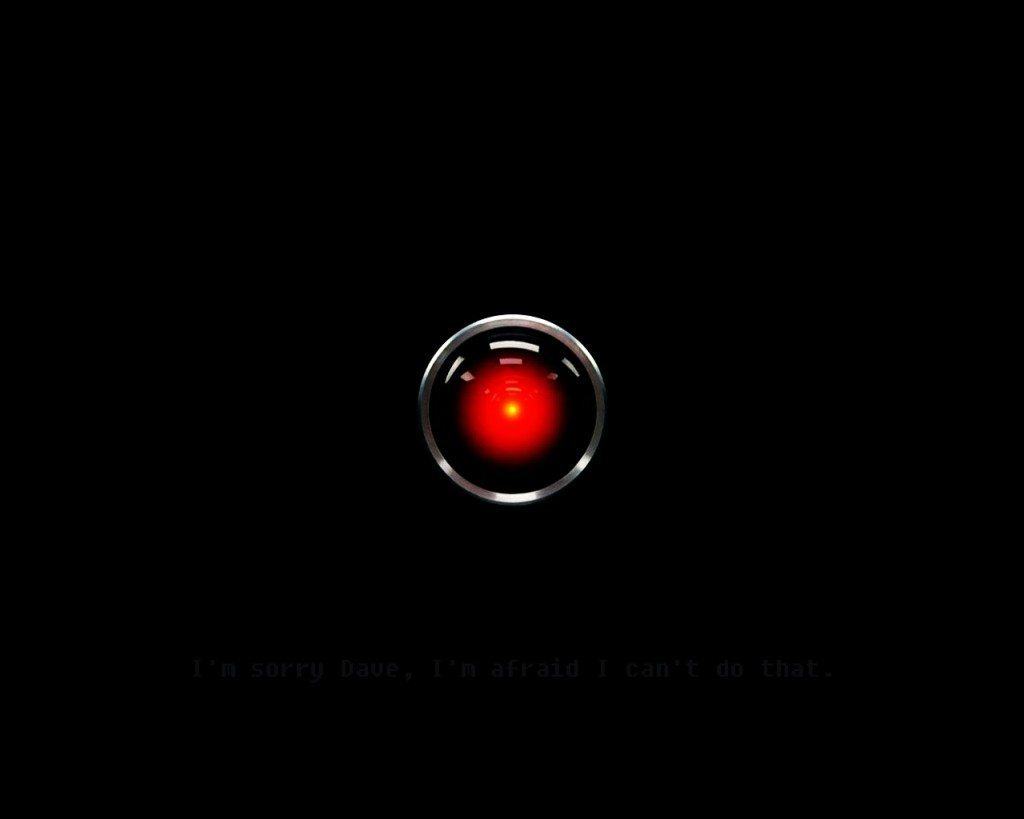The real news is that the Cupertino consumer electronics giant announced it is finally going to make Siri smarter.
By now, everyone knows voice-controlled, artificial intelligence assistants are the future of computer interfaces.
Amazon’s Alexa is cool and it works. And Ford, Volkswagen, LG and Whirlpool are bringing it to their gear. Meanwhile Siri, despite a five-year head start, has become the butt of incompetence jokes.
That’s going to change with the latest version of Apple’s mobile operating system, iOS 10.3. For the first time, Apple will let users share their data across iCloud.
Artificial intelligence thrives on data. It needs it to learn. Bits of code, 1s and 0s, structured specifically to interpret digitized data get better with each input.
Real, transformative artificial intelligence occurs when machines can make sense of unreliable information, think for themselves and develop unexpected-but-accurate results.
Research firm IDC predicts demand for cognitive systems will grow from just $8 billion in 2016 to $47 billion by 2020.
“Near-term opportunities for cognitive systems are in industries such as banking, securities and investments, and manufacturing,” said Jessica Goepfert, of IDC. “In these segments, we find a wealth of unstructured data, a desire to harness insights from this information, and an openness to innovative technologies.”
Artificial intelligence is already transforming modern life. Every common item that experienced a breakthrough when electrified around the time of the first Gilded Age, will make another great leap in the cognitive era.
As an example, 100 years ago, the lives of people were greatly improved by electric lights, heating and the telephone. Now lives will be transformed by intelligent lighting schemes, smart thermostat controls and smartphones that know what we want or need before we ask.
Artificial intelligence is transforming how businesses work, too. Software helps companies anticipate and react more efficiently to customers.
Digital companies like Amazon, Google, Facebook and Nvidia are making AI the foundation of all their efforts. Likewise, major industrial manufacturers like Ford, 3M and Caterpillar are incorporating AI in their products as fast as they can. And many small companies with AI solutions will emerge as the new Gilded Age rolls forward.
You can count on current AI looking less primitive in just a few years, however. Engineers will whittle away at the constraints of current AI applications — sending society hurtling toward a point at which software will exceed human abilities at virtually any intellectual task.
While that seems far-fetched, engineers at nonprofit research firm OpenAI note that the progression of machine intelligence is a “double exponential” function: Human-written programs and computing power are getting better at an exponential rate. And self-learning/self-improving software will improve itself at an exponential rate. Development progress may look relatively slow at first, then suddenly go vertical.
Microsoft “envisioning guru” Dave Coplin told business leaders in a speech recently that AI is the “most important technology that anybody on the planet is working on today.” He added that it “will change how we relate to technology. It will change how we relate to each other […] It will even change how we perceive what it means to be human.”
In the very near term, artificial intelligence is going to make Siri truly smart.
AI is creeping up on modern life, and it will ultimately become one of the great investment opportunities of the new Gilded Age.
The Apple Inc. (NASDAQ:AAPL) closed at $129.08 on Friday, up $0.55 (+0.43%). Year-to-date, AAPL has gained 11.45%, versus a 2.60% rise in the benchmark S&P 500 index during the same period.
This article is brought to you courtesy of Money And Markets.







